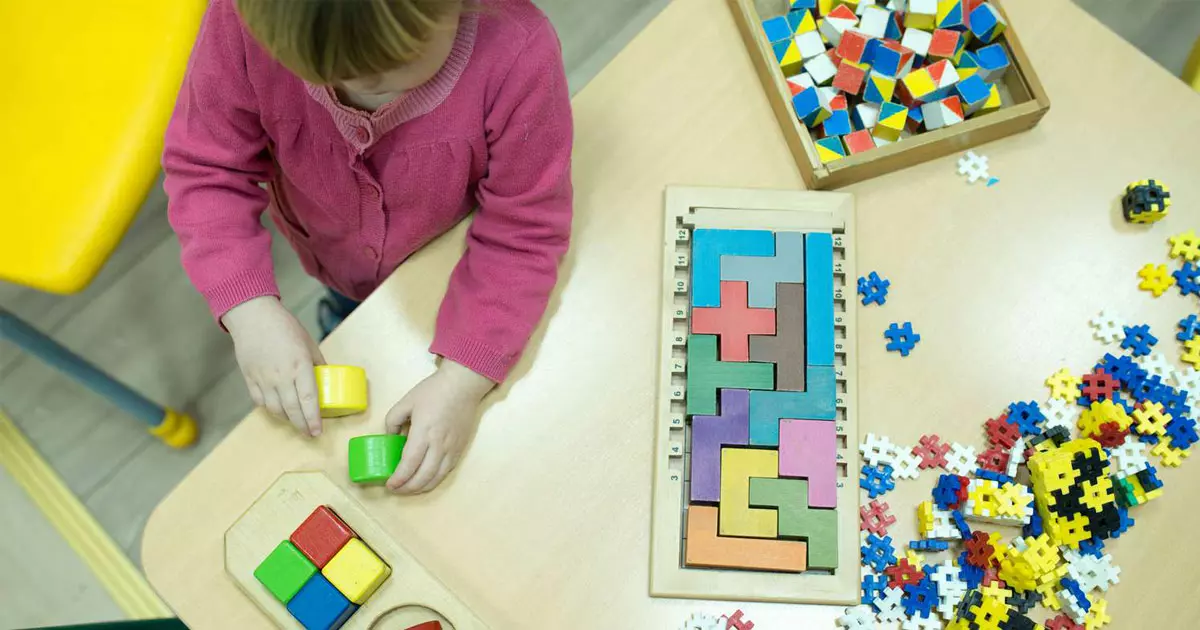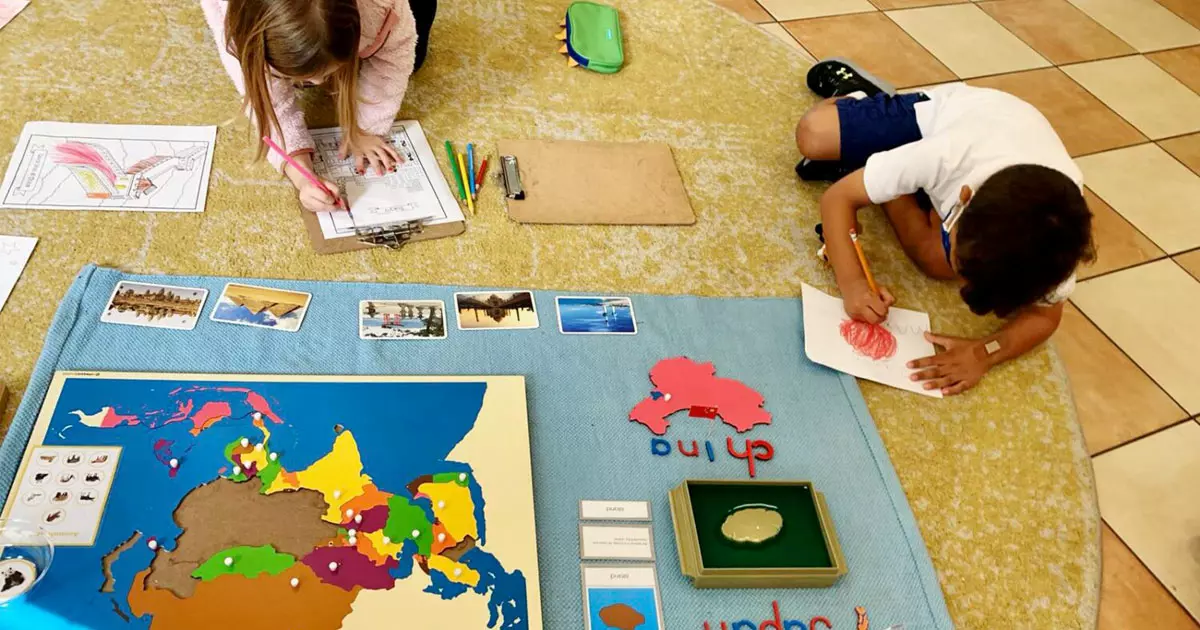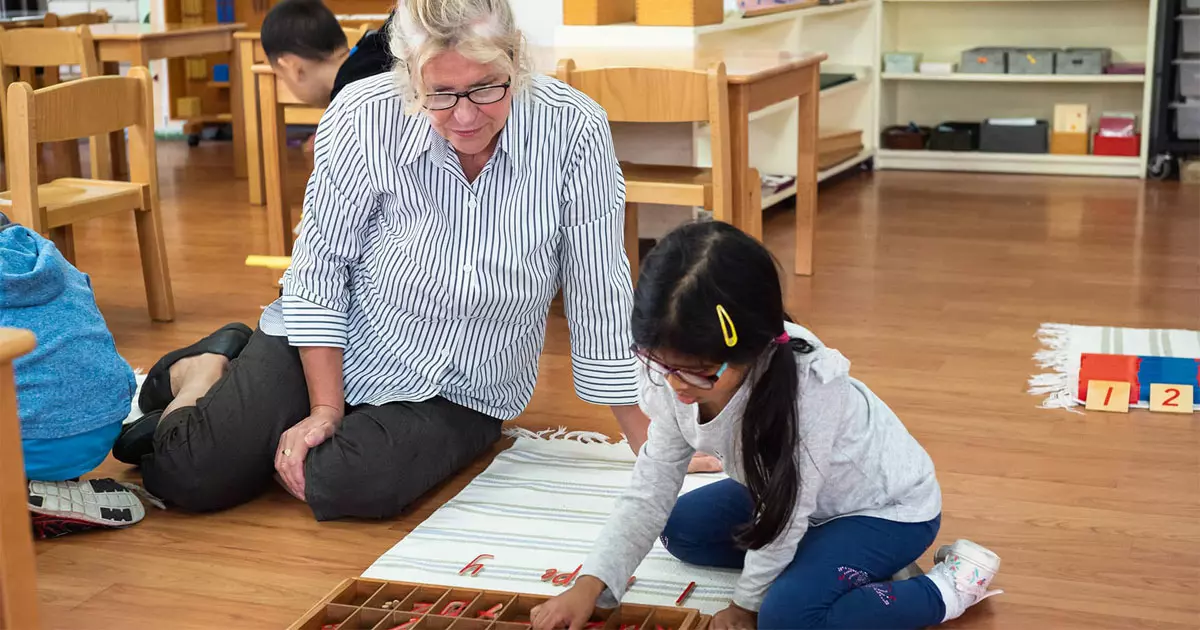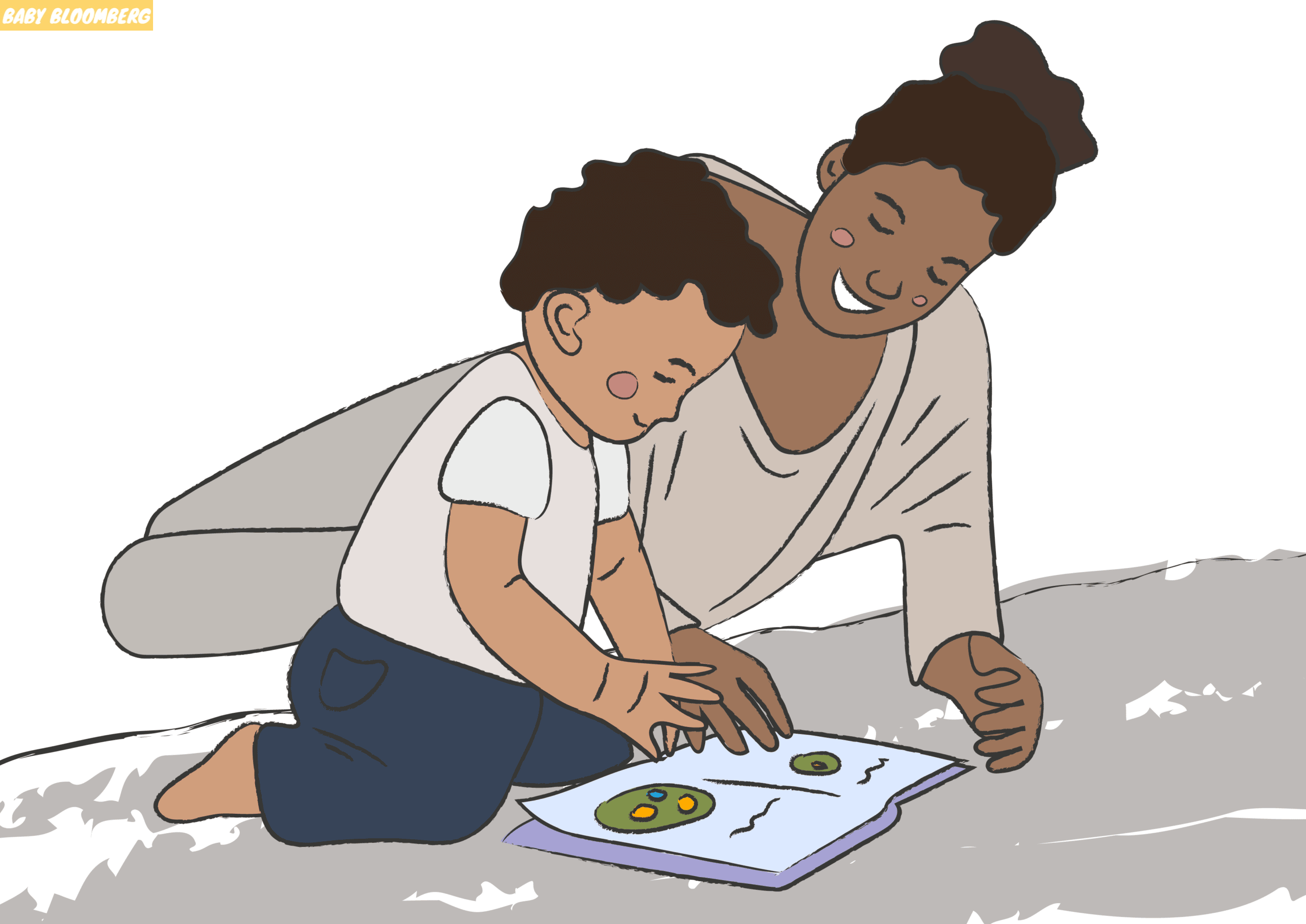The Montessori method of education has been widely recognized as a unique and effective approach to nurturing children’s holistic growth and development. Developed by Maria Montessori, this educational philosophy is based on five key principles that guide the teaching and learning process. Each principle emphasizes the importance of respecting children, providing them with a prepared environment, and allowing them to learn through their own exploration and self-discovery. In this article, we will delve into the five principles of the Montessori Method, exploring their significance and impact on children’s educational journey.
The Five Principles of the Montessori Method
1. Respect for Students: Embracing Individuality
In the Montessori Method, educators strongly believe in showing respect to every child, recognizing their individuality and unique needs. This principle is founded on the understanding that each child is a distinct individual with their own interests, strengths, and learning style. By treating children with respect, Montessori educators create an environment where students feel valued and appreciated.
Key Points:
- Recognizing the importance of individuality
- Tailoring education to meet the unique needs of each child
- Emphasizing respect and empathy in the classroom
2. The Absorbent Mind: Eager and Ready to Learn
According to Maria Montessori, children possess absorbent minds, meaning they have a natural ability to take in information from their surroundings effortlessly. This principle highlights the incredible capacity of young minds to absorb knowledge and experiences like sponges. Montessori educators leverage this inherent curiosity and thirst for knowledge by providing an environment that stimulates and engages children’s senses.
Key Points:
- Harnessing the natural ability of children to learn
- Providing a rich and stimulating educational environment
- Encouraging hands-on learning experiences
3. Sensitive Periods: Grasping Information with Ease
Montessori believed that children go through sensitive periods, which are windows of opportunity for heightened learning. These periods are characterized by a keen interest and receptiveness to specific types of knowledge or skills. Montessori educators carefully observe and identify these sensitive periods, tailoring their teaching methods and materials to maximize children’s learning potential during these critical stages.
Key Points:
- Recognizing the existence of sensitive periods in children’s development
- Adapting educational practices to coincide with these sensitive periods
- Providing appropriate materials and activities to support learning during sensitive periods
4. The Prepared Environment: Resources for Active Learning
The Montessori Method places great emphasis on creating a prepared environment that is equipped with resources and opportunities for children to actively learn and freely explore. This environment is carefully designed to foster independence, encourage self-directed learning, and promote the development of essential life skills. Montessori educators meticulously arrange the physical space, organize materials, and establish clear expectations that allow children to take charge of their own learning journey.
Key Points:
- Designing a conducive learning environment
- Offering age-appropriate educational materials
- Promoting freedom and independence in learning
5. Autoeducation: Encouraging Exploration and Self-Teaching
Montessori firmly believed in the concept of autoeducation, which suggests that children have the ability to teach themselves through active exploration. In a Montessori classroom, educators act as facilitators, guiding students and introducing them to new materials and experiences. By encouraging exploration and self-teaching, Montessori educators empower children to become independent learners who take ownership of their education.
Key Points:
- Fostering a sense of autonomy and self-directed learning
- Allowing children to explore freely
- Facilitating learning experiences through the introduction of new materials
Frequently Asked Questions
Q: How does the Montessori Method promote respect for students?
The Montessori Method promotes respect for students by recognizing their individuality, valuing their unique needs, and treating them with empathy and understanding. This approach creates a positive and nurturing learning environment.
Q: How does the Montessori Method cater to sensitive periods?
Montessori educators carefully identify sensitive periods in children’s development and tailor their teaching methods and materials to coincide with these periods. This ensures that children are receiving the right type of education and support during these critical stages.
Q: What are some benefits of the Montessori Method?
The Montessori Method offers numerous benefits, such as fostering independence, promoting a love for learning, encouraging self-directed exploration, and nurturing a sense of responsibility and accountability.
Q: Do Montessori classrooms have a structured curriculum?
While Montessori classrooms do have a curriculum, it is flexible and adapts to the individual needs and interests of each child. The focus is on personalized learning and experiential education.
Q: How does the Montessori Method encourage self-teaching?
The Montessori Method encourages self-teaching by providing children with the resources and materials they need to explore independently. Educators act as guides, introducing new materials and concepts, but ultimately allow children to take charge of their own learning.
Q: Is the Montessori Method suitable for all children?
The Montessori Method can benefit a wide range of children, regardless of their learning style or abilities. Its individualized approach ensures that each child’s unique needs are recognized and met.
The five principles of the Montessori Method underscore the importance of respect, independence, and hands-on learning in a child’s educational journey. Educators who adhere to these principles create an environment where children are able to develop critical thinking skills, a love for learning, and a strong sense of self. By embracing individuality, harnessing the absorbent mind, recognizing sensitive periods, providing a prepared environment, and encouraging self-teaching, the Montessori Method lays the foundation for a holistic and empowering education.














